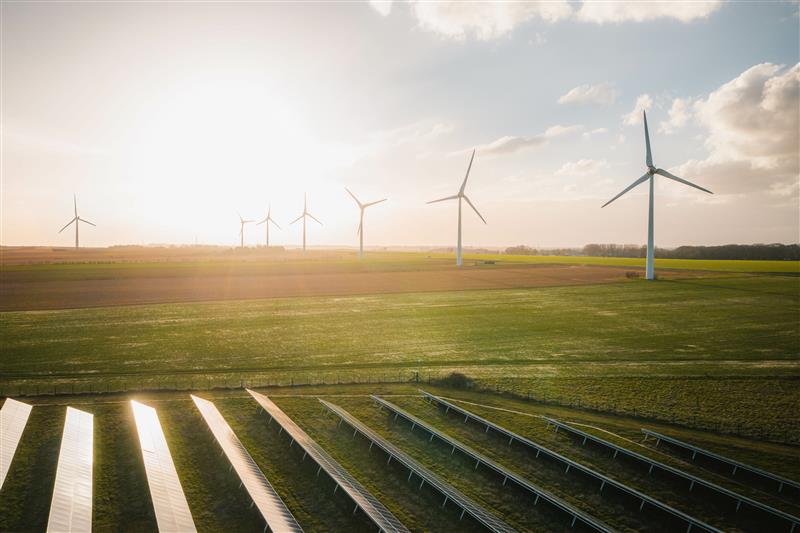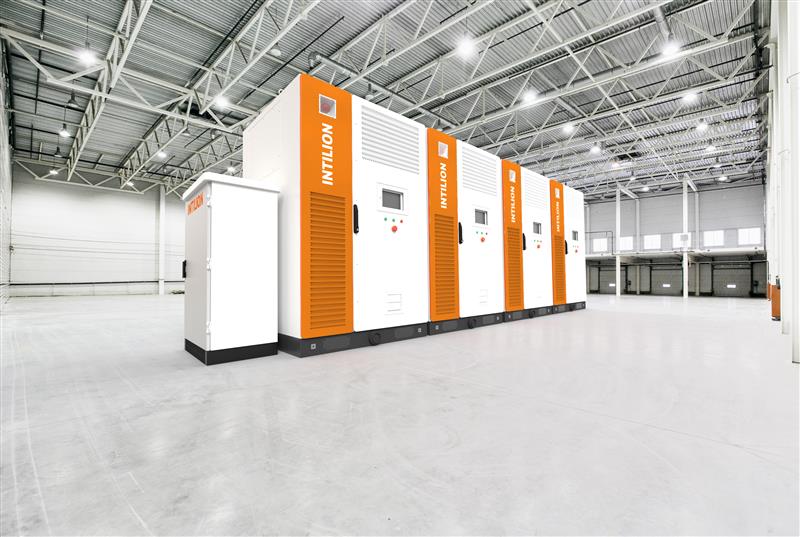It has been intimated for a long time, now it is decided. The expansion of electromobility will be supported with up to three billion euros and the so-called innovation premium will be extended until 2025.
This was stated in the resolution paper of the “car summit” of politics and industry. Car buyers can thus receive a subsidy for the purchase of an electric car beyond 2021. The support programme for electrically powered vehicles will now be continued. At the moment, the state and the manufacturer are financing a premium of up to 9000 euros and fully electric cars and also plug-in hybrids are being subsidised. From 2022, however, the premium will only be paid for plug-in hybrids if their electric drive allows certain ranges.
As the FAZ reported, the former environmental bonus hardly strengthened the incentive to buy for a long time. Since the increase to the “innovation bonus”, sales figures have been rising faster.
Installation of private charging points is subsidised via Kfw loans.
The establishment of private charging points is supported by Kfw loans.
Drivers repeatedly share the negative experience that payment procedures at the charging points are too cumbersome and, in addition, vary from one provider to another. In order to make driving an e-car more attractive and suitable for everyday use, filling stations should participate in the expansion of the charging infrastructure. By 2022, 25 percent of petrol stations are to be equipped with quick charging points, by 2024 50 percent and by 2026 75 percent of petrol stations. In this way, a nationwide expansion of the charging infrastructure and thus also the expansion of electromobility can be initiated.
„Heute kommen bereits 13 E-Pkw auf einen Ladepunkt, Ostern werden es nach unseren Prognosen 20 sein.“
VDA President Hildegard Müller



